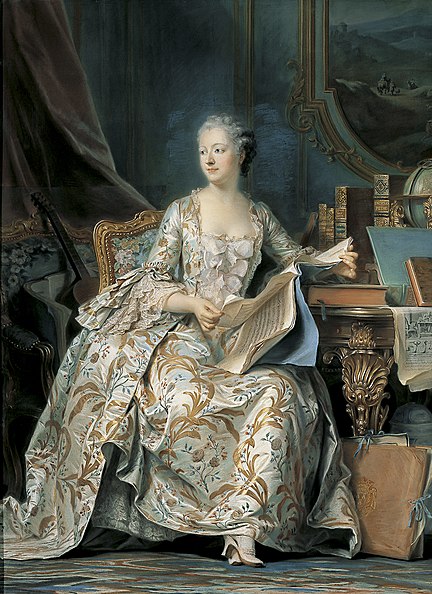Pages
▼
Thursday, June 30, 2011
Wednesday, June 29, 2011
Wednesday, June 22, 2011
Wednesday, June 15, 2011
To Be or Not to Be Monogamous?
What does it mean to be monogamous? Is it:
- Sexual exclusivity between two partners?
- A two-party partnership, characterized by cooperation where resources are shared and children are produced?
- A genetic commitment to producing offspring with a single partner?
- A social system in which only two people at a time are contracted by marriage ?
Or is it perhaps some combination of these four?
Monday, June 13, 2011
Weinergate: Private Records in a Public Age
You can find me over at the Scientific American guest blog today, where I tackle the moral outrage over Weinergate, and the role technology plays in judging these offenses. Here's an excerpt:
History is littered with private indiscretions made public—some have just been more public than others:
- It is believed the Leonardo da Vinci was a passionate instructor to his students; one in particular remained in da Vinci’s favor for 26 years.
Read the rest here.
- Cleopatra made no secret of the nature of her political alliances, which included a close friendship with the notable Marc Antony.
- Alexander the Great’s conquests included two wives, a mistress, and possibly his life-long friend Hephaestion.
- Catherine the Great masterfully orchestrated a series of lovers, one of whom may have had a hand in the death of her ill-fated husband, Peter.
Rep. Anthony Weiner (D) of New York, who tweeted and emailed photos of himself in various states of undress and arousal to several women, joins the ever-growing ranks of political figures whose extramarital pursuits have been made available for public scrutiny. However, unlike George Washington (a purported womanizer), Thomas Jefferson (who fathered several children by Sally Hemings), Warren Harding (had trysts in a White House closet), or even John F. Kennedy ("Happy Birthday, Mr. President"—though his relationship to Marilyn Monroe has never been confirmed), Weiner’s indiscretions will not be whispered about. Rather, he must contend with life lived in the age of media—where so many details of our lives, already public, can be collected and shared at the push of a button not just by newspersons but by regular folk too.
- Letters revealed that Franklin Delano Roosevelt got quite friendly with his wife’s social secretary Lucy Mercer.
It is unlike anything anyone in his position has experienced before. The scandal that surrounded Bill Clinton doesn’t even come close, although the American public sat rapt as he proclaimed "I did not have sexual relations with that woman," and waited expectantly for the admission otherwise to come.
As an audience we’ve been here before. And yet, each time it happens, it seems to come as a surprise. We are at once irate and nonplussed. "How dare a person in power betray our trust?" we ask even as we turn a blind eye at the fissures in our own social circles. What’s the real reason behind our moral outrage? And what role does technology play in it?









